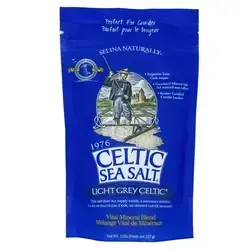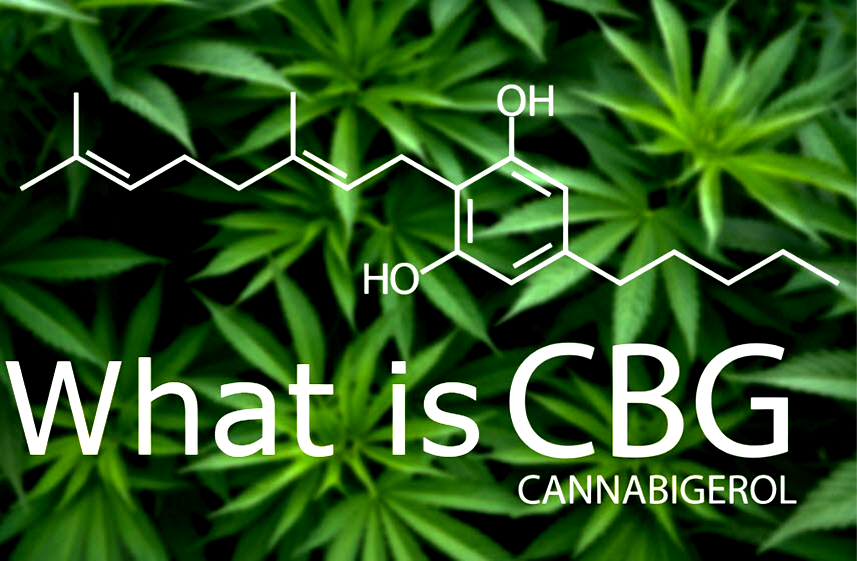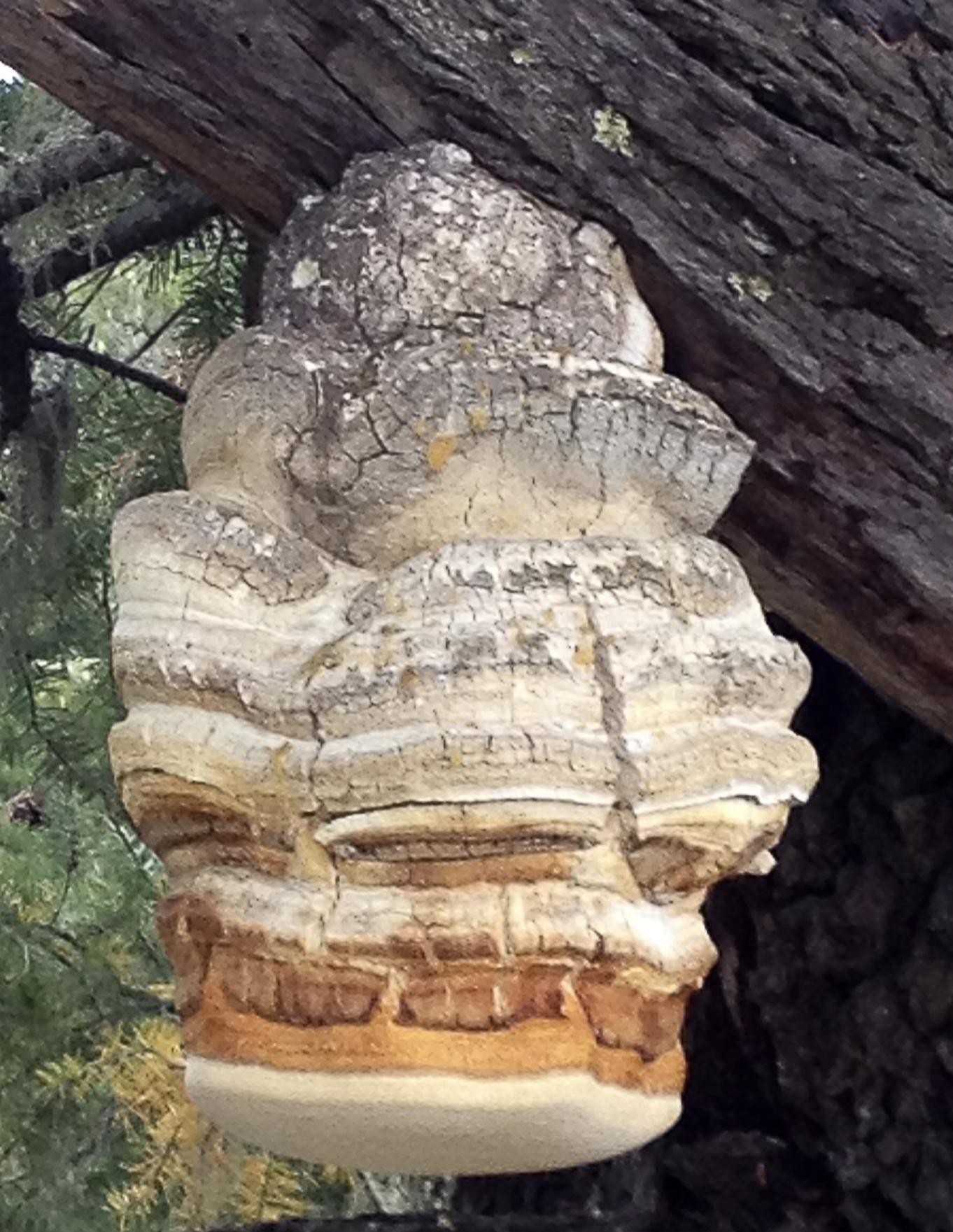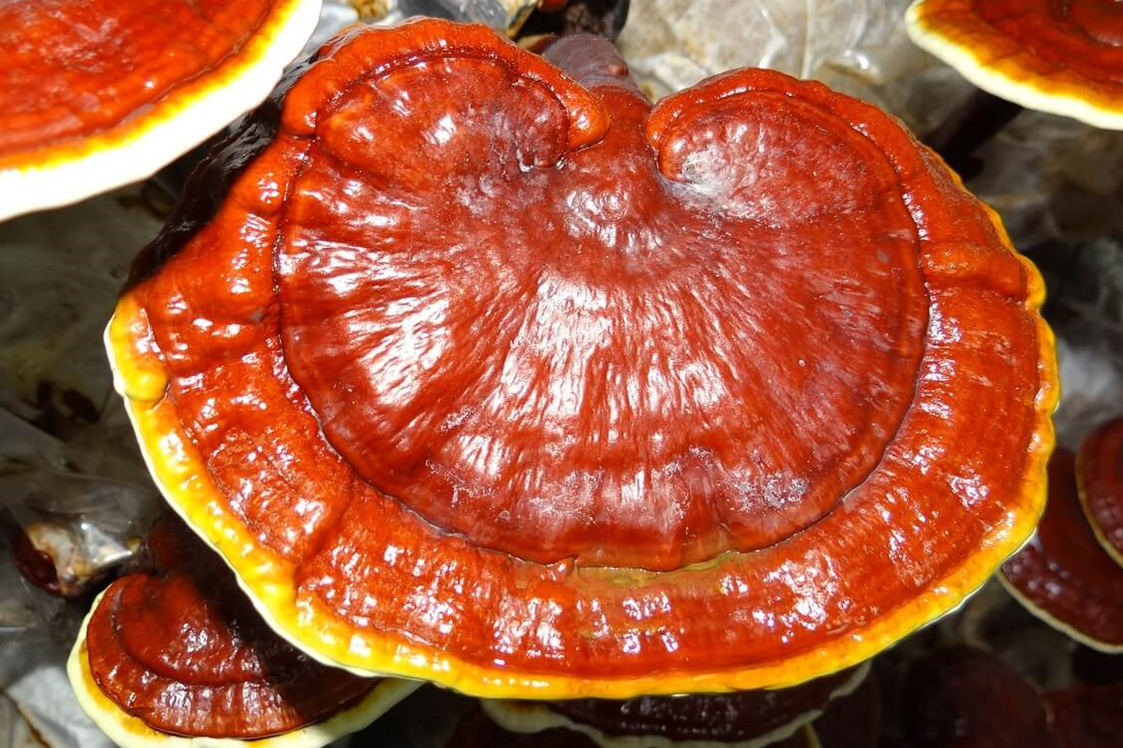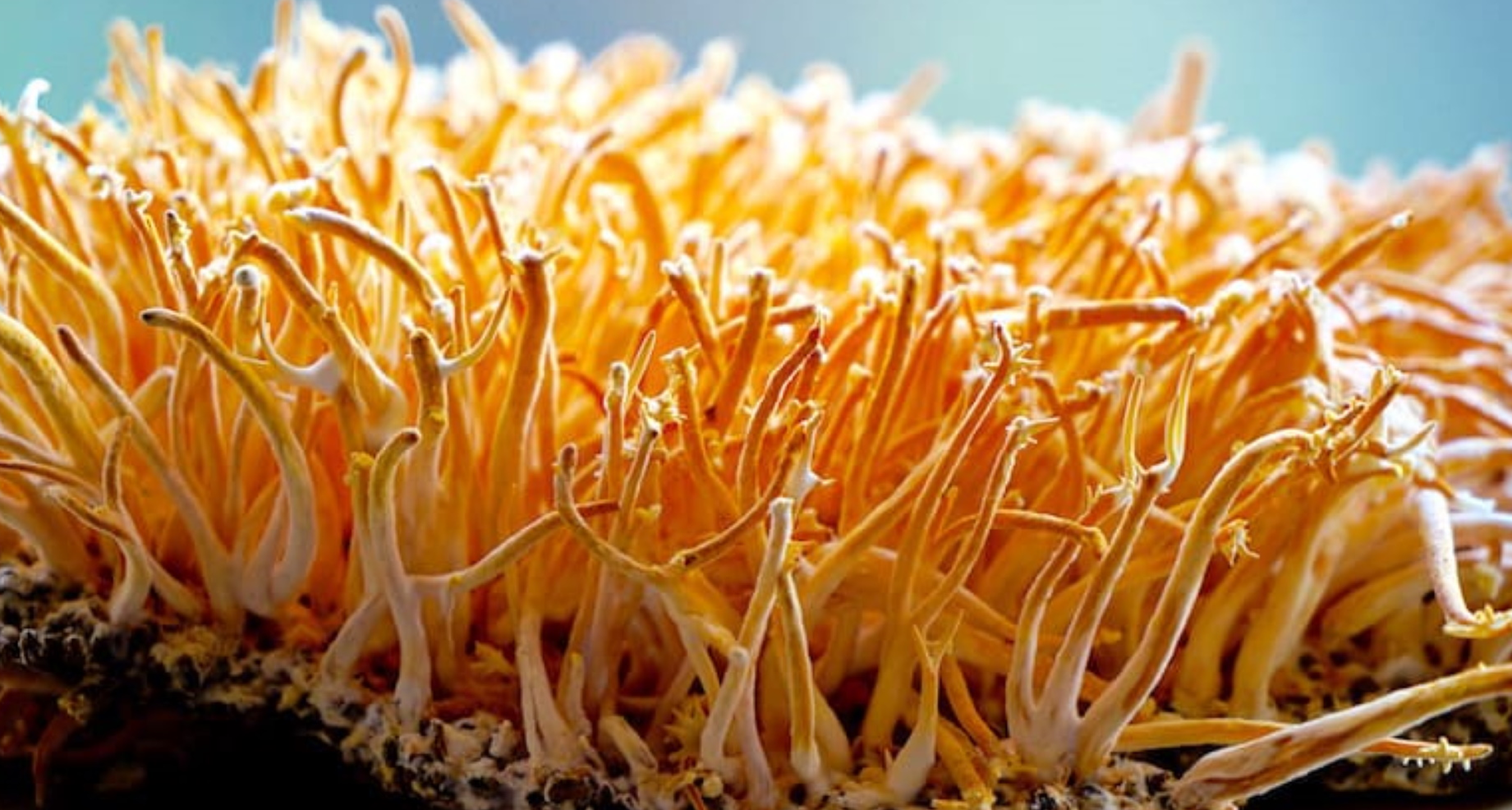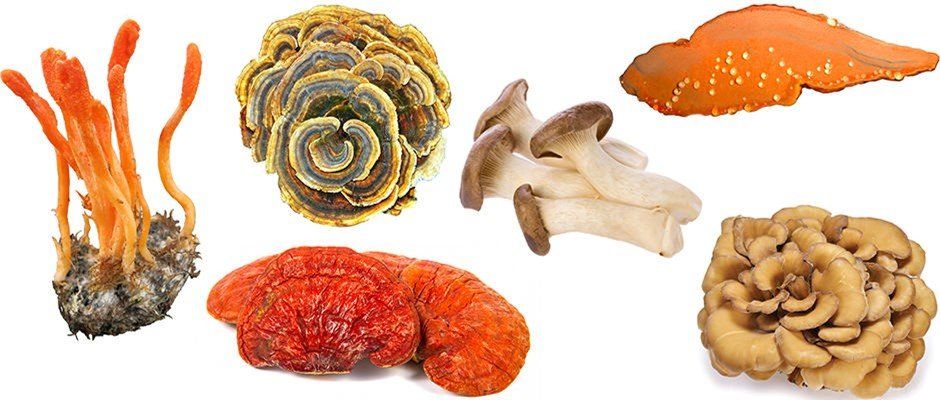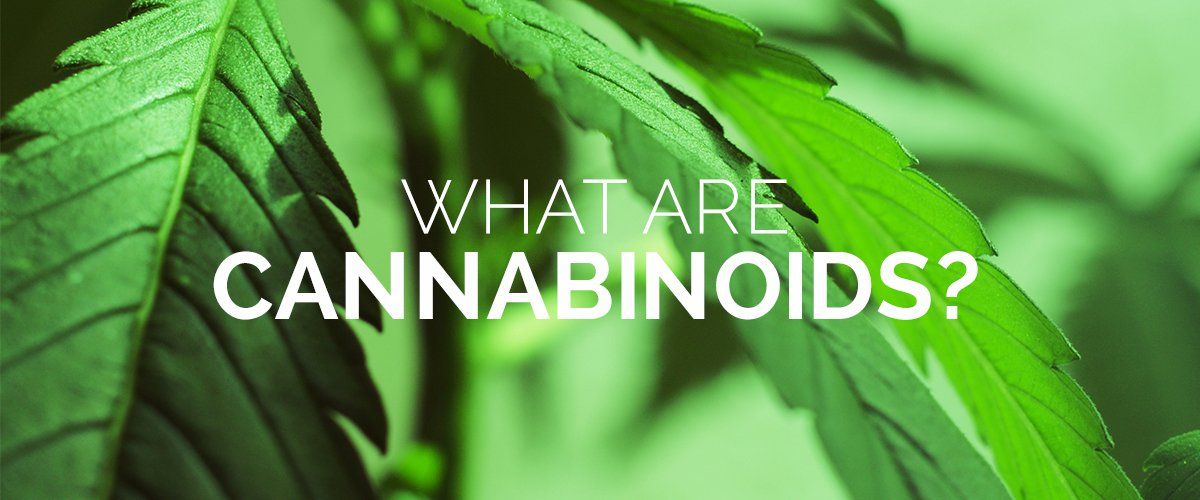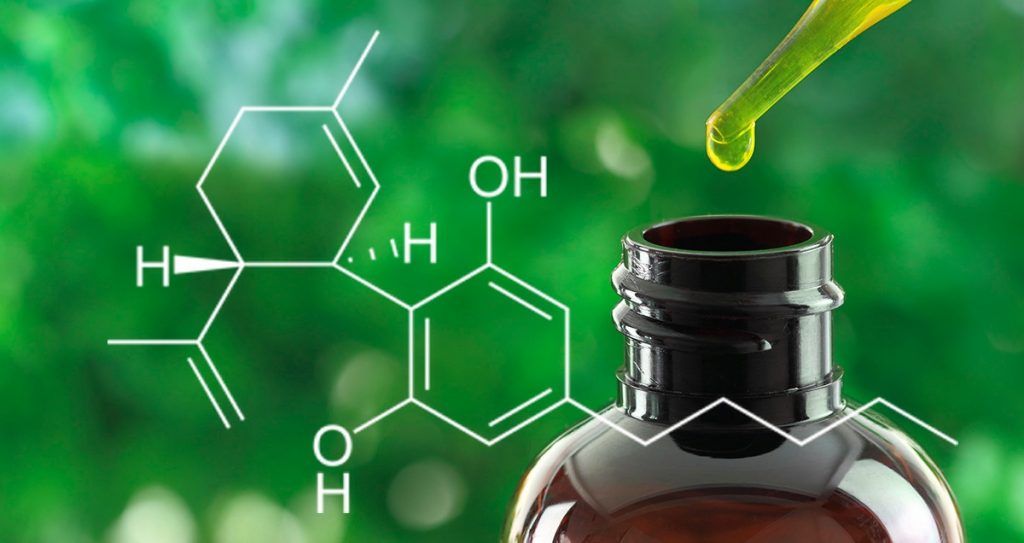Alzheimer's Disease & Dementia
Exploring the effects of CBD on Alzheimer's Disease
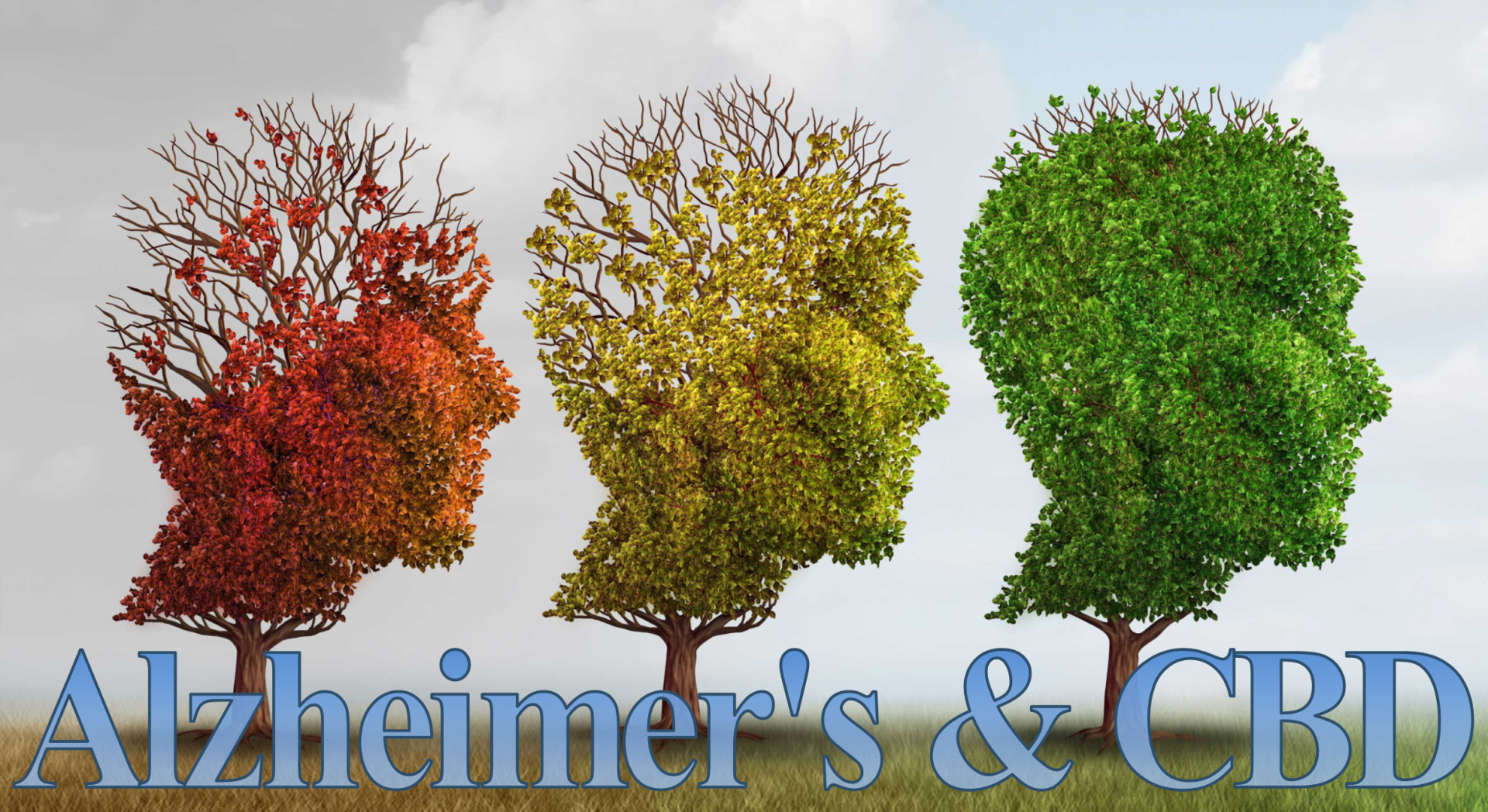
Alzheimer's is a brutal thief that steals memories, emotions, recognition, sense of self... it's unapologetic in taking down the entire family with it. I worked for years with many precious people who suffer from this disease & it was equally rewarding and heartbreaking. In this article we will look at the different types of dementia & the effects of cannabis on this ugly disease.
There is a lot of emerging research on the connection of the endocannabinoid system and dementia. These studies show the tremendous promise in cannabis as a viable treatment, many times proving better than traditional treatments. Please take some time to click the link to view the studies from Project CBD.
Dementia is a broad term used for many different forms of cognitive impairment with the most common being Alzheimer's Disease. Signs and symptoms can include: memory loss, personality change, impaired judgement, and difficulty communicating just to name a few. Many times identifying the early symptoms can aid in the proper diagnoses of the type of dementia. Let's look at the most well known forms of dementia.
Alzheimer's Disease
The early symptoms of Alzheimer's usually include memory loss, difficulty finding the right words, and impaired judgement and safety. It typically progresses to middle stages in 2-4 years. In the middles stages the symptoms can progress to include psychological and behavioral symptoms that are beyond the sufferers control. This stage can many times be the most difficult stage, especially for the caregiver. Some people live 20 plus years with Alzheimer's, however the average life expectancy is 8-10 years after diagnoses. Inflammation has been shown to be one of the main causes of Alzheimer's Dementia. This inflammation happens when the immune cells in the brain fail to clear disorienting blockages called plaque in the brain that can cause disorientation. This inflammation triggers a release of oxygen in the brain called oxidative stress. CBD is a powerful anti-inflammatory as well as an antioxidant & can absolutely help with these symptoms and triggers.
Vascular Dementia
Vascular dementia presents with problems with memory, planning, reasoning, judgement, and confusion due to impaired blood flow to the brain. Vascular dementia can develop after a stroke (also known as post-stroke dementia) or from vessel damage due to other disease processes in the body.Vascular dementia can progress slowly like Alzheimer's but typically presents in a faster more noticeable step-like process.Some of the key symptoms of vascular dementia include:
- General confusion
- Trouble concentrating and communicating
- Unsteady gait
- Inability to control the passage of urine & sudden need to urinate
- Difficulty with decision making that has always come natural
- Agitation and restlessness
Lewy Body Dementia
Dementia with Lewy Bodies is the second most common type of progressive dementia next to Alzheimer's. Lewy Bodies are protein deposits that develop on the nerve cells in the regions of the brain that involve memory, motor control, and thinking. Signs and symptoms of Lewy Body dementia include:
- Visual Hallucinations: Many times this is one of the first symptoms to present and are often recurring. They can include visual, auditory, olfactory, & tactile hallucinations. These symptoms can be very scary and disorienting.
- Loss of motor function or trouble controlling motor function: slow movement, rigid muscles, shuffling gait, and tremors
- Autonomic nervous system breakdown: Pulse, blood pressure, body temperature, sweating, etc. are all functions controlled by the autonomic nervous system and are many times affected by Lewy Bodies dementia.
- Inability to control attention span: long spans of staring off into space (sometimes misdiagnosed as focal seizures), inability to hold a conversation or inability to articulate, sleepiness & long naps during the day, etc.
- Depression, anxiety, and apathy
Pick's Disease (Frontotemporal Dementia)
Frontotemporal Dementia is caused by nerve cell loss and can lead to psychosis and severe depression. FTD affects the following regions of the brain:
- Frontal Lobe (located behind the forehead): Controls cognition, emotional expression, language, movement, sexual behaviors, social interaction, memory, and judgement
- Temporal Lobe (located behind the ears): Controls hearing, vision, sensory input, language, emotion, and comprehension.
Parkinson's Disease
Parkinson's Disease has been linked to dementia because it affects the nerve cells in the basal ganglia & substantia nigra areas of the brain. Dementia typically starts to present sometimes as early as 1 year after diagnoses. Parkinson's is hallmarked by shuffling/slow gait, contractual of the hands, & uncontrollable movement in the extremities especially the hands, arms and head.
Huntington's Disease
Huntington's Disease is a hereditary disease that results in the death of brain cells. The initial symptoms can present as dementia, mood disorders, & mental acuity with unsteady gait and lack of coordination typically follow soon after. Late stages of Huntington's is hallmarked by uncontrollable body movements that are widespread.
What are the ways that CBD can help with Dementia?
There are many different prescription medications used to treat the symptoms of dementia. Many are intolerable and ineffective. CBD is non toxic, tolerable at high levels, and effective on many different symptoms at once. Here are just a few of the many reasons CBD is becoming a first resort for treating all forms of dementia.
- CBD is a powerful anti-inflammatory and helps by fighting inflammation in the nerve cells & tissues in the brain
- CBD is a powerful anti-oxidant and can reduce oxidative stress in the brain. The more inflammation in the brain the more oxygen is released as a result. Important brain functions are decreased as more and more oxygen is released.
- CBD can stimulate neurogeneisis which is the birth of new brain cells and tissue that have been damaged which can stop the progression of dementia.
- CBD can increase blood flow to the brain and decrease the deposits that lead to blood flow problems to the brain
- CBD activates CB2 receptors which increases brain cell activity and decreases brain damage
- CBD helps to reduce motor symptoms such as muscle rigidity, tremors, and uncontrollable muscle movement
- CBD is a neuro protectant and not only can stimulate new brain cells but also protect from degeneration
- CBD is a powerful anti-anxiety which can greatly reduce the affects of the symptoms that present with dementia
- CBD has fantastic anti-depressant properties
- CBD can bring sleep patterns back into balance. Disrupted sleep can contribute to agitation, increased confusion, more uncontrollable movement, etc. Sleep is extremely important for overall health
- CBDremoves amyloid clumps from nerve cells in the brain
- CBDprevents overactive immune system in the brain
- CBD is safe and tolerable even at high doses
Below are a few fantastic videos of people using CBD for dementia. Enjoy.
https://youtu.be/sb6g5-A1ljA
https://www.bloomberg.com/f9a12d0f-e9a6-4857-a8d5-5eeedd56bb51
https://youtu.be/r96Qi4Mj8_U
https://youtu.be/DcU6rXB0V5c
https://youtu.be/bX16bDDPL8k

